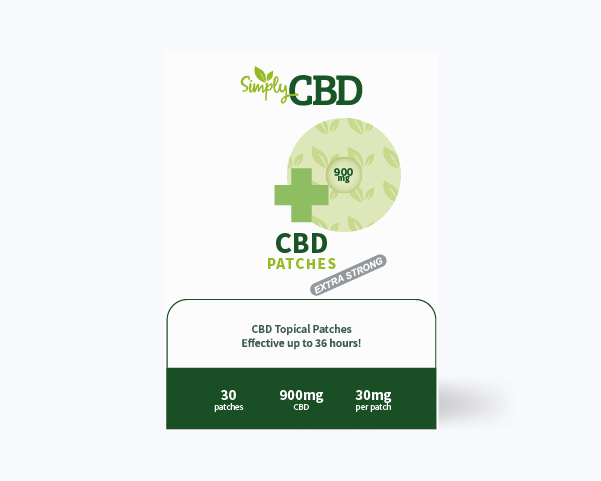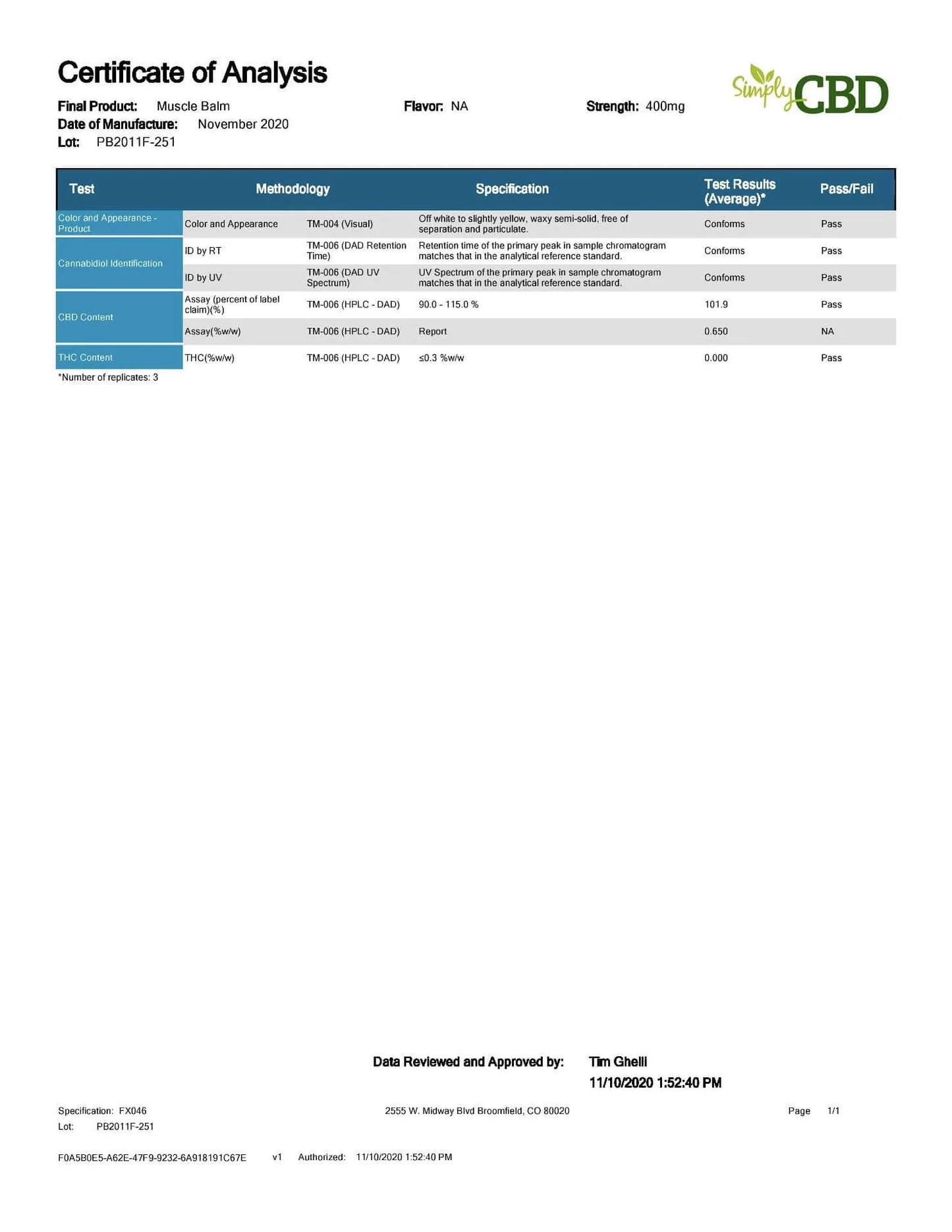The Benefits of Growing Hemp in the UK
A new initiative is in the works to boost the industrial hemp production in the UK. The initiative is dubbed the HEMP-30 project. It is fast-growing and doesn’t need pesticides. Growing hemp can also be a good alternative to oil seed rape.
Hemp is a good break crop option to oil seed rape
Hemp is a great break crop for rapeseed farmers in a variety of ways. It is native to the UK and is easy to grow and uses very minimal input. It also improves the structure of soil and boosts yields in subsequent crops. It is also comparable in financial terms to oilseed rape but doesn’t carry the risks.
 Due to a combination of disease and pest attacks the production of oilseed rape is in decline in the UK. The UK farmers require an alternative crop to replace oilseed rape. Hemp is a crop that requires little input that produces oil of high quality. In addition to hemp straw, it has other uses, including biomass, fibre and important waxes. It can be used as break crops in organic rotations that are mild. It can also be used to replace the rapeseed, which has been harmed by numerous pests.
Due to a combination of disease and pest attacks the production of oilseed rape is in decline in the UK. The UK farmers require an alternative crop to replace oilseed rape. Hemp is a crop that requires little input that produces oil of high quality. In addition to hemp straw, it has other uses, including biomass, fibre and important waxes. It can be used as break crops in organic rotations that are mild. It can also be used to replace the rapeseed, which has been harmed by numerous pests.
Oil seed rape, also known as oil rape, is a widespread crop in many parts of the world. It is grown mostly for cbd northern ireland its oil. It is used in a variety of food items, such as mayonnaise, margarine and other oils. The flowers can be easily identified and recognized when they are sown in fields.
It is not dependent on pesticides.
Hemp doesn’t rely on pesticides and pesticides, which is one its main advantages. The hemp plant’s pollen as well as nectar is naturally pollinated by wind. This means that hemp doesn’t require pesticides to grow. It also requires less space so it can be grown close to the plants that are close by. Both humans and the ecosystem can be affected by pesticides. They kill beneficial microorganisms and pollute the air. They have also been associated with serious health issues such as birth defects and cancer.
Hemp is a plant that can thrive in a variety of soils and climates. Hemp is able to thrive in hot, dry and arid climates. Hemp is not dependent on pesticides and fertilizers. Hemp is also extremely resource-efficient, as it only needs half the amount of water that is required for other crops.
Hemp is an annual wind-pollinated crop. It is extremely sensitive to light and the duration of the day. To grow, it requires 25 to 35 centimeters of moisture in its vegetative stage. In addition, it requires 50 to 70 centimeters to achieve the highest yield.
It’s fast to grow.
Hemp is extremely fast-growing, which makes it an ideal crop for farmers. The speed of growth allows it to cover land quickly, which means fewer harmful herbicides are required to manage weeds. It also requires less water than conventional cotton and is resistant to pests. Hemp can also improve the quality of soil because of its deep root system. This makes hemp an excellent crop to be cultivated in an alternating fashion with other crops.
Although hemp can grow very quickly, it is not an ideal crop for all conditions. Hemp thrives in sandy loam that has good drainage. It needs approximately 65 mm of moisture each month to grow well. Hemp seedlings should be planted at least two inches apart to ensure that they germinate evenly. Hemp will not tolerate soils that are too moist or too dry.
Since the legalization of hemp in 2014 the U.S. has seen a rapid increase in hemp production. In just two years, the amount of hemp acres has almost doubled. In the year 2019, hemp cultivation accounted for 128,320 acres. The hemp industry in the US increased from $500 million in 2012 to $820 million in 2017. It is projected to reach $20 billion by 2022. This increase in hemp is indicative of the potential for the industry to grow exponentially to grow into a profitable business.
It is strictly regulated as potent strains of marijuana
The UK government has made a decision that cannabis will be moved from Class C to B. This means that possession of Class B drugs could result in up to five years in prison, instead of the two-year sentence for Class-C drugs. This decision was taken in response to the recommendations of the Advisory Council on Drug Misuse. In 1971, the UK government passed the Misuse of Drugs Act, which created an orderly classification system and sentencing guidelines for drugs. Cannabis was classified in Class A which is the middle of the three classes.
In the UK cannabis is not legal for recreational use. Hemp is controlled just like potent strains of marijuana. It is legal for medical use in the UK. There are dangers and side effects associated with high doses of THC particularly for those who are first-timers. Additionally, the quality of regulation varies between states.
Hemp and marijuana are closely related. Both are flowering plants. Both belong to the Cannabaceae Family. The primary difference is THC, a chemical compound that is found in cannabis plants. THC affects the brain and is psychoactive. cbd cornwall northern ireland (http://shinchangmold.com/bbs/board.php?bo_table=free&wr_id=116591) is on the other it is not psychoactive. Since it doesn’t contain THC and is not classified as a class A drug in the UK. It is legal to purchase products that do not contain THC.
It is a crop that can be used in a variety of ways.
Hemp is a versatile crop that can help farmers transition to more sustainable farming practices. Hemp is extensively used in biofuels and textiles. Its seeds and inner material are also useful for medicine and skincare. It is also good for the environment and can help improve soil health. Growing hemp is a wise choice for Cbd Northern Ireland UK farmers There are a lot of advantages for UK farmers.
Hemp has a sturdy tap root, which can alleviate many soil issues. It also helps improve drainage and help aerate soil. The hemp farmer from East Yorkshire Nick Voase converted most of his farmland into hemp 15 years ago. His company manufactures hemp fibre and other products. Hemp can also be used as hempcrete and animal bedding.
In addition to its great nutritional value, hemp is also a renewable, sustainable crop. It does not require pesticides and requires minimal inputs like water. It is also a great alternative to synthetic fibres like plastic and cotton. Hemp also has a lower footprint when compared to other plants, which makes it good for soil quality. The current decline in soil carbon content is happening in Western Europe.
 It is possible to grow it in the UK
It is possible to grow it in the UK
Industrial hemp cultivation can improve soils and increase biodiversity. It also helps to sequester carbon. It is possible to replace oil seed rape, which is becoming more difficult to grow in the UK. The government continues to consider industrial hemp as a controlled substance, which is why farmers must apply for a Home Office licence to grow it. There are only a few licensed cultivators of industrial hemp in the UK.
In the UK the government is considering legalising hemp cultivation. Although hemp cultivation isn’t yet legal in the UK however, it has been increasing in other EU countries including the US. Many farmers are in the process of preparing to plant hemp in the UK. There are however restrictions and strict guidelines that must be adhered to. Farmers must first apply online for a hemp-growing permit before they can grow hemp.
The laws governing hemp cultivation are more relaxed than they were in the past. While it is still illegal to grow hemp in your backyard, this has changed over time. The Home Office will only issue an official licence to farmers who are licensed. After that, you can begin growing hemp and reap the benefits.
